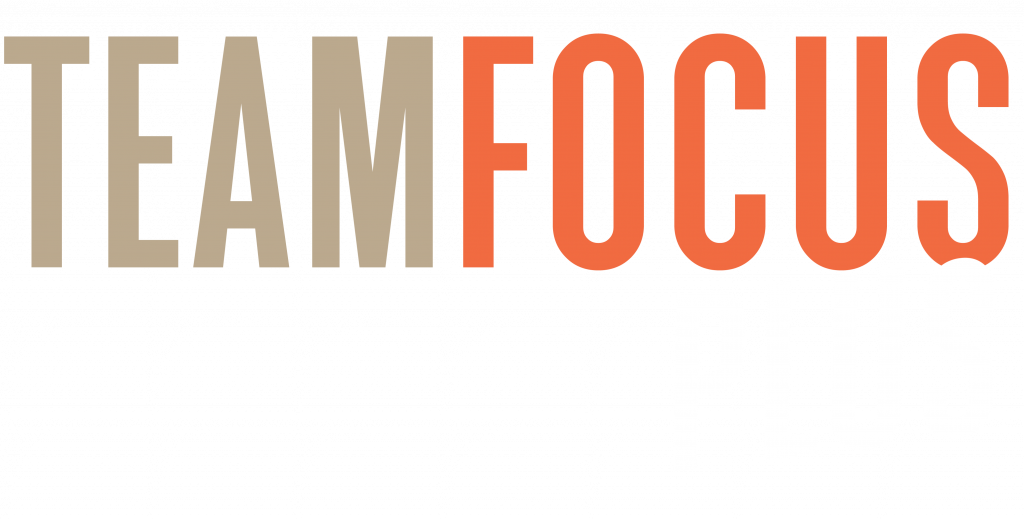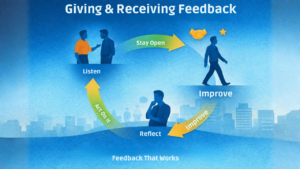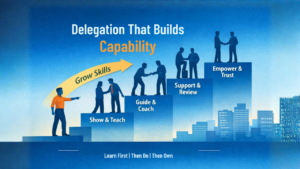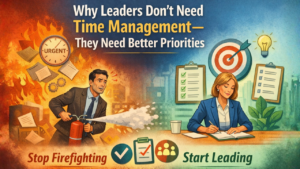In today’s fast-changing market, agility isn’t optional—it’s essential. The secret weapon for staying ahead?
High-performing teams.
These adaptable, collaborative groups don’t just react to change—they drive it. Whether you’re leading a fast-growth company or evolving your organisation’s culture, understanding how to build strong teams is key to long-term success.
Here’s how to build high-performing teams in Australia using proven team effectiveness strategies and leadership approaches designed for performance and adaptability.
1. Start with a Shared Vision and Culture
At the core of any high-performing team is a compelling, shared purpose.
Strong teams are united by a common mission and values that guide behaviour and decisions.
Team alignment starts with leadership. When leaders champion clear purpose and cultural consistency, teams naturally rally together, increasing trust, collaboration, and accountability.
✅ Strategy: Craft a concise, values-led mission statement and integrate it into daily behaviours and team rituals.
2. Create Clarity Around Roles and Expectations
Leadership for high performance means removing confusion before it creates friction.
When every team member understands their role, expectations, and contribution to the bigger picture, performance accelerates. Clarity reduces overlap, prevents bottlenecks, and improves morale.
✅ Strategy: Define roles and key performance indicators (KPIs). Use dashboards or team collaboration tools to track accountability in real time.
3. Build Trust Through Transparent Communication
Trust is the foundation of team effectiveness strategies. Without it, even the most skilled teams underperform.
Encourage open dialogue, especially when challenges arise. Empower team members to voice concerns, ask questions, and offer feedback.
Consider assigning a liaison officer or “team connector” role to ensure communication flows between departments, remote teams, or leadership layers.
✅ Strategy: Establish clear team norms for communication. Use regular check-ins, feedback sessions, and digital tools to keep communication consistent and honest.
4. Support Continuous Improvement with Regular Reviews
Adaptable teams are constantly learning. What worked last quarter might not work tomorrow.
Use regular performance reviews—not just to measure outcomes, but to reflect, learn, and evolve. Encourage peer feedback, celebrate wins, and pinpoint areas for refinement.
✅ Strategy: Schedule monthly team retrospectives. Use insights to update workflows and strengthen collaboration.
5. Celebrate Success and Reinforce Positive Behaviours
Recognition boosts engagement, especially when it’s tied to team values and goals.
Whether it’s a team milestone or an individual contribution, celebrating success strengthens the culture and fuels continued motivation.
✅ Strategy: Create a recognition ritual—weekly shout-outs, monthly awards, or team success stories shared in company-wide updates.
6. Use Coaching to Accelerate Growth
Team coaching brings an outside perspective, accelerates team development, and creates space for deeper reflection and growth.
Whether it’s a one-time workshop or an ongoing program, coaching helps embed the mindsets and behaviours that drive sustainable high performance.
✅ Strategy: Invest in team coaching to build resilience, adaptability, and shared accountability.
The Future Belongs to Adaptable Teams
In the ever-evolving landscape of work, the organisations that thrive are those with high-performing, adaptable teams.
By focusing on purpose, role clarity, trust, and ongoing development, your team becomes more than a group of people working together—they become a force for change, innovation, and long-term success.
Want help putting this into action?
📞 Call us at 1300 551 274
📧 Or email team@teamfocusplus.com
Let’s explore how team coaching and collaboration strategies can help you build the high-performing teams your organisation deserves.






